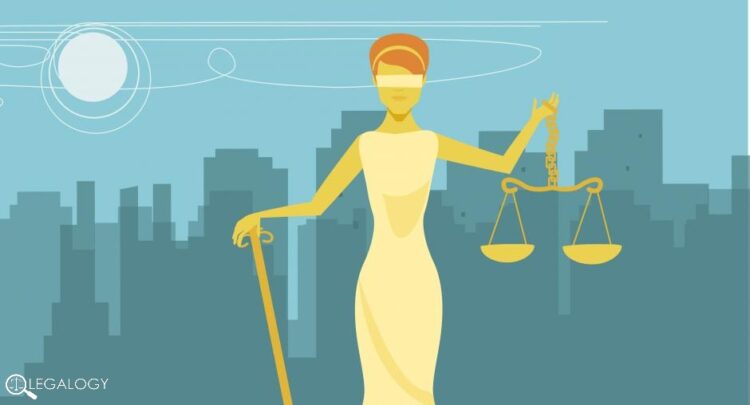HOW? ARE ALL NATIONS BOUND BY IT?
INTRODUCTION
The general meaning of Rule of law according to Dicey is one of the basic features of the English law system. It has different prepositions to it and theories are given by scholars. The origin concept of rule of law is ascribed by Edward coke in England when he remarked that the king must be under God and the Law. He meant execution is over supremacy of law. According to his proposition, it means;
Firstly, the Absence of arbitrary power on the government means the administration possesses discretionary powers from those which are conferred by law. It is implied that no man is punishable or can be made to suffer in body or any particular goods, except for a distinct breach of law established in the ordinary courts of the land.
Secondly, it means equality before the law and equal protection of laws. It stately implies that equal subjection of all persons to the ordinary laws of the land as administered.
Thirdly, Rule of law may be used as a way of expressing the fact that, laws of our constitution are the main source but adequate consequences to the rights of an individual person are defined and thereafter, enforced by the court of law. It has emphasized the role of the courts and guarantors of liberty in this regard.
In ordinary life, everyone is familiar with two kinds, the laws of our country and the laws of nature. The former may be called political laws, they are orders made by a sovereign government to all its subjects or to all of the certain classes of its subjects. The subjects may disobey these laws but if they do so, they render themselves liable to be punished. If there is no punishment for breaking a law, the law very soon loses all its authority over those who do not willingly observe it. Political laws differ from country to country and from time to time.
The view that moral standard is a Law of the reason is often a re-action from the view that morality depends on the feeling of the maker of the moral judgment. If morality depends not on feeling but on reason, then its standards are objective and unchanging. One form of this theory is that good actions are in some sense consistent actions.
The main essence of the Rule of Law stated according to prof. A.L Goodhart says that the supremacy of law is purely governed by the public officers over the government in the society which generally would also apply in totalitarian states.
The administrative rule of law clearly signifies that rights and liberties play a vital role in the applying of relative action. Thus, the administrative authorities perform their function according to law and not arbitrary rules that are specifically made. In this basis supremacy of the courts has upheld the judicial control of actions that are administrated and fully secured.
RELEVANT CASES THAT STATES ROLE OF INDIAN JUDICIARY
The rule of law came into light through the cases mentioned below:
Som Raj v. the State of Haryana
In this particular case it was held that in postulating the rule of law is in the absence of power and therefore, it is dependent on the constitutional edifice.
Union of India v. Raghubir Singh
In this case, it was held by the court that the lives of people are regulated by the functions of the state from the decision that is made by superior courts.
CONCLUSION
While we have admitted that the rule of law and moral laws are commanded by God and derive its obligation from being so divinely ordered. Yet it has held that it would still be valid even if it were not in God’s command the reasons to accept the view that the rule of law is one of the main attributes in the law of nature as being objective, universal, and depending on the natural constitution of the universe for its validity but, it is certainly not a statement of casual relations like the rule of laws.
The Moral Judgement on which we act and the Judgement implied in our particular violations must not only be consistent among themselves but the concrete actions willed must be themselves good in their own particular circumstances.













